As a true solar geek, I can’t think of anything better to do at 7:30 on a Friday evening, than log in to my solar panel monitoring system. While most folks are settling down to Friday Night Footy, you’ll find me checking out how much power my 6kW of micro inverter solar panels are producing as the last rays of evening sun scatter across my roof.
As I logged in tonight to see a respectable 1.2kW being pumped out, I noticed that the monitoring system was providing a great example of one of the benefits of microinverter technology.
If you have a gander at the live monitoring screenshot below you’ll see that I’ve highlighted the position of my wood burner’s flue and the approximate shadow it casts as the sun goes down.

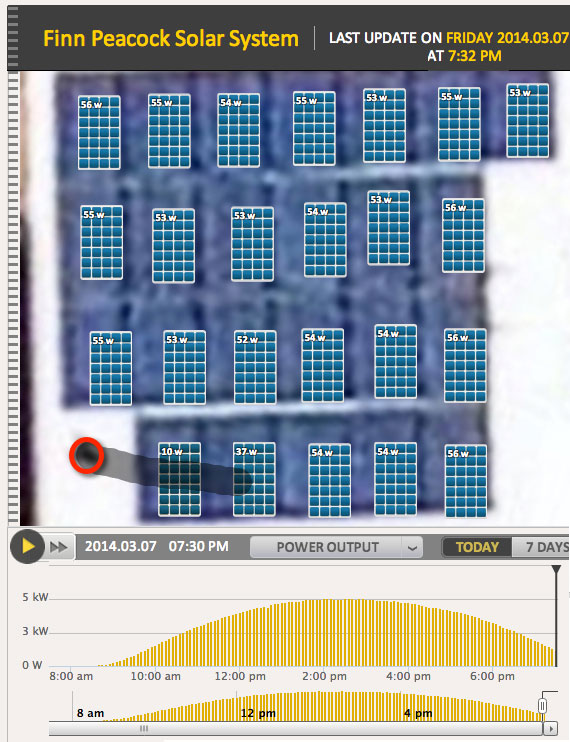

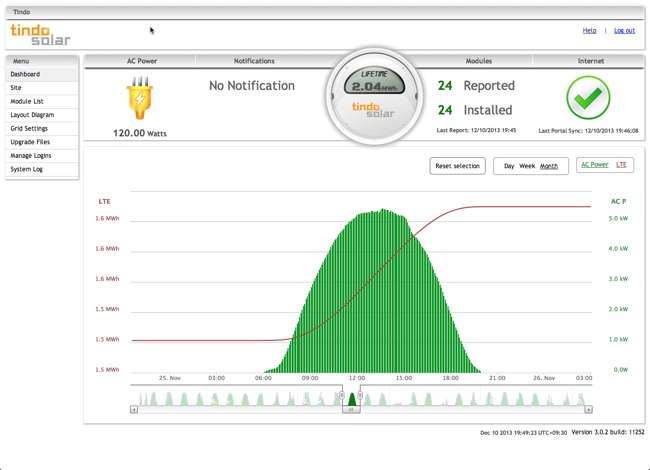
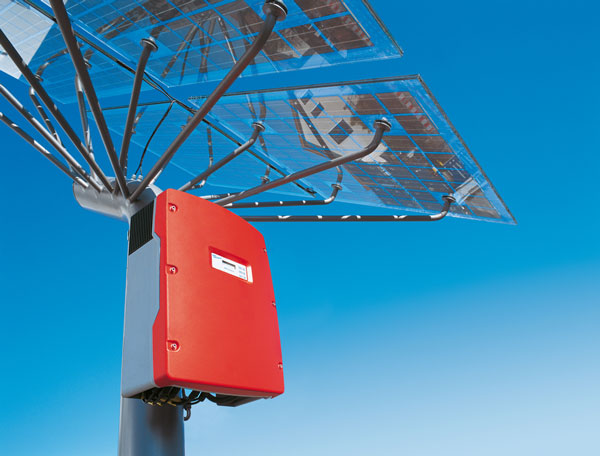
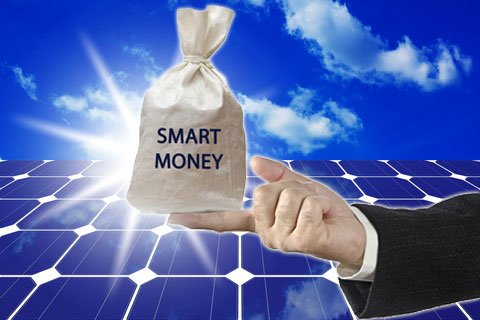
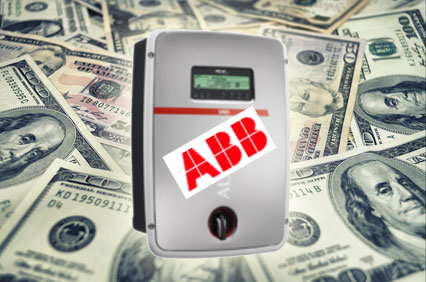
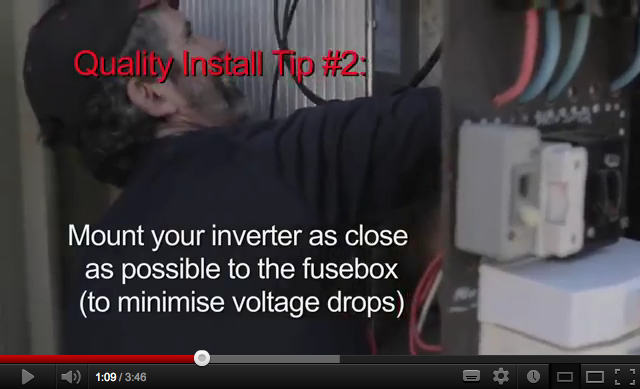
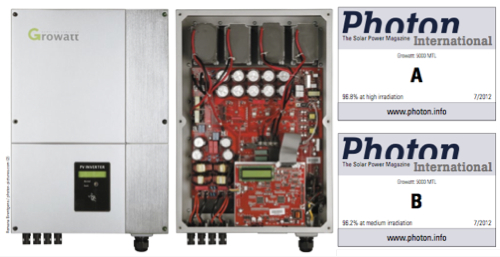
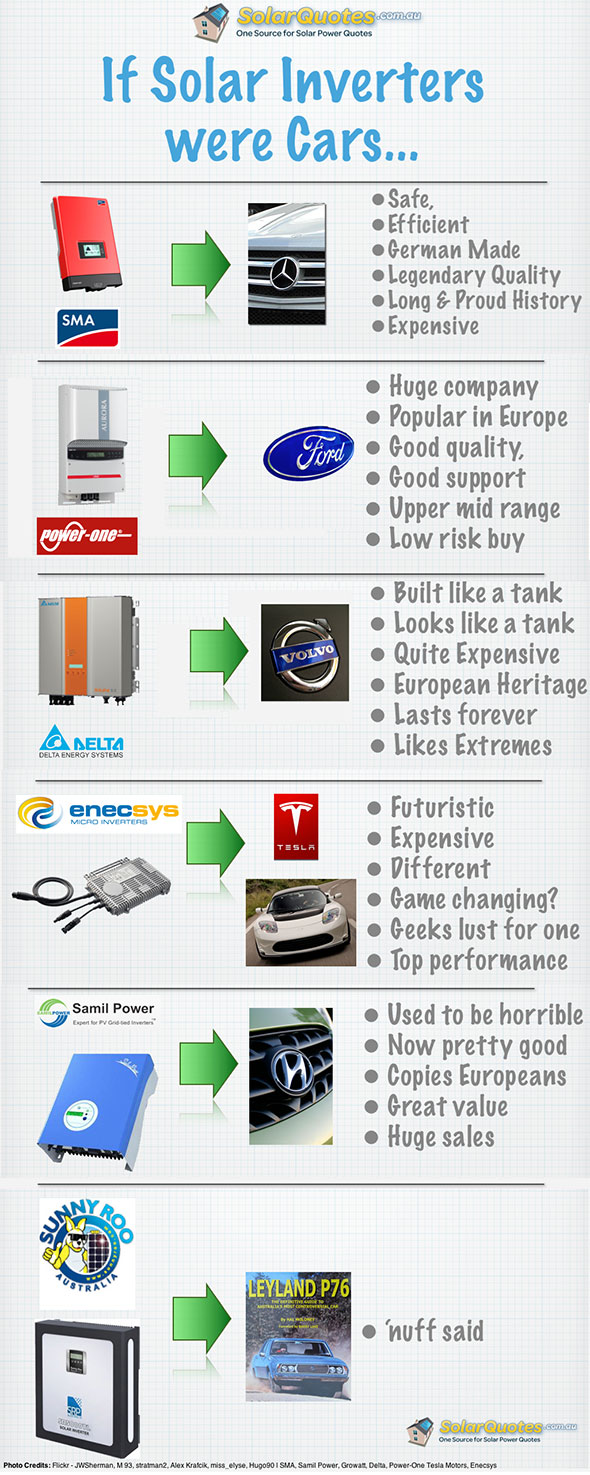
 RSS - Posts
RSS - Posts



Currently Raging Debates: